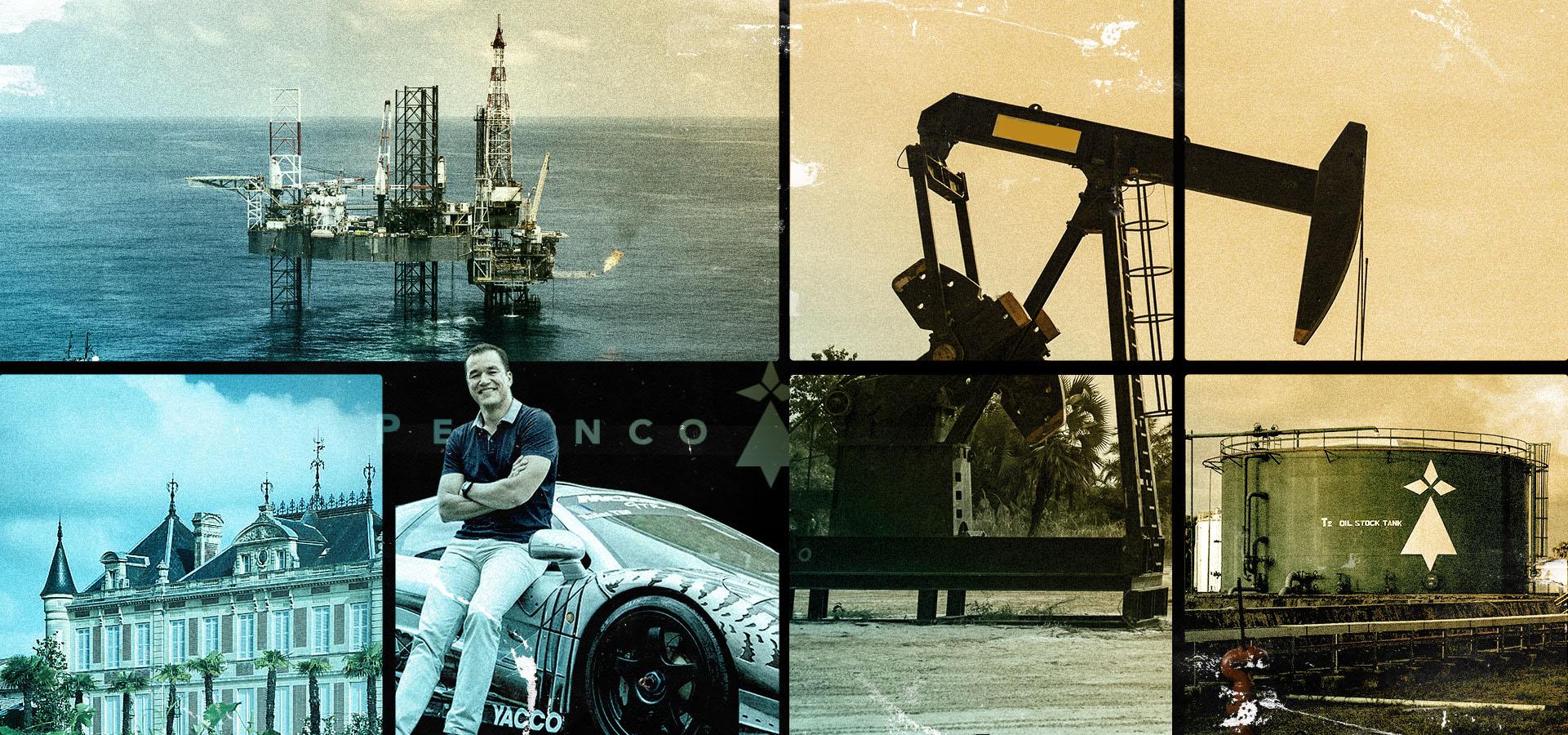About Perenco FilesThe Franco-British oil and gas corporation Perenco is little-known but powerful. It styles itself as “Europe’s leading independent oil and gas group”. It operates in 14 countries worldwide, including the largest onshore European oil farm, in England, and several gas rigs in the North Sea.
Cross-border stories from a changing Europe, in your inbox.
Cross-border stories from a changing Europe, in your inbox.

